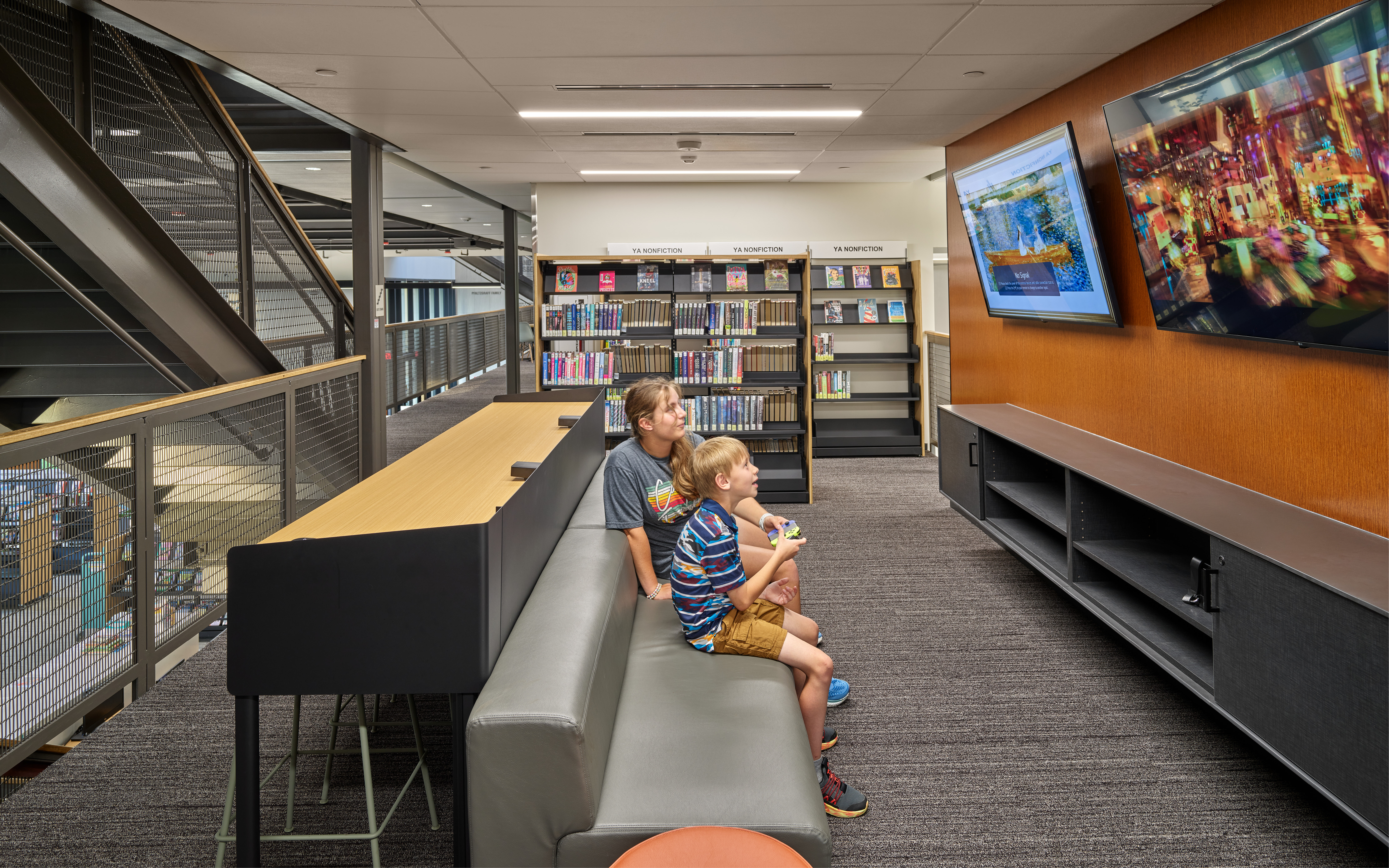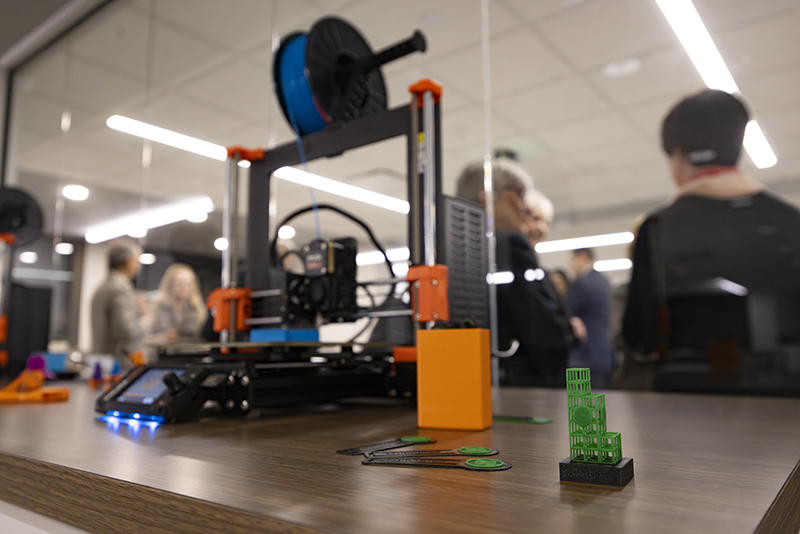Reflection on New Horizons

History Repeating and the Present Renovating
Like in 2017, 2025 showcases several issues that revolve around the dissipation of diversity, equity, and inclusion (DEI) plans; economic issues plaguing the world, political tensions with educational institutions, and changes in ways of learning revolving around technological innovations (Adams Becker et al., 2017; NewMediaConsortium, 2017; Robert et al., 2025). The recent United States (US) Presidential administration, as of 2025, has chosen to undo various embedded DEI programs in higher education, which were created to create a more inclusive learning environment for diverse students (Robert et al., 2025). This aspect is closely tied to the various interconnected impacts on many people’s livelihoods, following the Trump administration’s 2025 legislation that has affected almost every aspect of the US, particularly for immigrants (Barboza, 2025; Hoffman, 2025; Robert et al., 2025). Despite all these upheavals in the lives of those living in the US, numerous innovative solutions can rectify the downturns in several lives that occur in the library space (Dezuanni et al., 2024; Robert et al., 2025). These solutions stem from trends in collaborations with libraries and other spaces, as technology enables the development of innovative ways to support student learning and foster new methods to promote information literacy in students (Robert et al., 2025).

Present Improvements and Innovative Future
Many of the trends predicted for 2024 and earlier are still ongoing or refined in 2025 (Adams Becker et al., 2017; Dezuanni et al., 2024; Robert et al., 2025). There was a tremendous amount of worry about the overuse and abundance of machine learning and AI as the 2020s rolled in (Griffey, 2019; Thornton, 2024). However, as 2025 approaches, numerous educational opportunities are emerging, and there is a possibility that AI will be used to assist in reference interviews in libraries, as well as aid in other educational prospects (Griffey, 2019; Jackson, 2023; James & Filgo, 2023; Papini, 2023; Thornton, 2024). Besides the prospect of AI assisting in students’ educational processes, there have been improvements in how people access the library over the past five years (Furbee, 2023; Rees, 2018; SacRT News, 2022; Thornton, 2024). As of 2025, some trolleys provide access to libraries, benches offer access to Wi-Fi and the library’s collection, and temporary library cards can be issued to those experiencing homelessness (Furbee, 2023; Rees, 2018; SacRT News, 2022). Besides newer prospects for accessing the library, many libraries are paving the way to become community centers for the surrounding area, despite the surrounding economic upheaval (CBS Sunday Morning, 2022). All of these trends acknowledge that, despite various global crises, innovation and methodology continue to enhance the livelihoods of those within and around a library’s community, thanks to affordable and novel technologies (Robert et al., 2025).

References
Adams Becker, S., Cummins, M., Davis, A., Freeman, A., Giesinger Hall, S., Ananthanarayanan, V., Langley, K., & Wolfson, N. (2017). NMC horizon report: 2017 library edition. The New Media Consortium. https://www.dropbox.com/scl/fi/hxs7kuv54vwew0cpg6570/2017nmchorizonreportlibraryEN.pdf?dl=0&download=true&e=1&from_auth=login&rlkey=h978y9r0bnmnylqbdcmfmud4s&st=nycjhcpg
Barboza, T. (2025, February 27). Where can L.A. immigrants go for help under Trump? Try the public library. Los Angeles Times. https://www.latimes.com/california/story/2025-02-27/immigrants-resources-help-los-angeles-public-library
CBS Sunday Morning (Director). (2022, July 24). Beyond books: The 21st century public library [Video recording]. https://www.youtube.com/watch?v=_4QxDOCagxg
Dezuanni, M., Osman, K., & International Federation of Library Associations and Institutions (IFLA). (2024). IFLA trend report 2024: Facing the future of information with confidence. https://repository.ifla.org/handle/20.500.14598/3496
Furbee, B. (2023, May 1). Sit and surf. American Libraries Magazine. https://americanlibrariesmagazine.org/2023/05/01/sit-and-surf/
Griffey, J. (2019, March 1). AI and machine learning. American Libraries Magazine. https://americanlibrariesmagazine.org/2019/03/01/ai-machine-learning-libraries/
Hoffman, B. (2025). Health advocacy in the history of US immigrants’ rights. The Lancet, 405(10475), 292–293. https://doi.org/10.1016/S0140-6736(25)00103-5
Jackson, J. H. (2023, February 14). Chatting with ChatGPT: Deep dive in five with Tom Moriarty. SJSU NewsCenter. https://blogs.sjsu.edu/newsroom/2023/chatting-with-chat-gpt-deep-dive-in-five-with-tom-moriarty/
James, A. B., & Filgo, E. H. (2023). Where does ChatGPT fit into the Framework for Information Literacy? The possibilities and problems of AI in library instruction. College & Research Libraries News, 84(9), 334–341. https://doi.org/10.5860/crln.84.9.334
NewMediaConsortium (Director). (2017, March 24). NMC horizon report: 2017 library edition [Video recording]. https://www.youtube.com/watch?v=S2vaVeyg8Dc
Papini, A. (2023, January 27). ChatGPT: A library perspective. Bryan University’s Krupp Library. https://library.bryant.edu/chatgpt-library-perspective
Rees, M. (2018, December 3). No permanent address? No problem. Berkeley library makes it easier for those without homes to get library cards. Berkeleyside. https://www.berkeleyside.org/2018/12/03/no-permanent-address-no-problem-berkeley-library-makes-it-easier-for-those-without-homes-to-get-library-cards
Robert, J., Muscanell, N., McCormack, M., Pelletier, K., Arnold, K., Arbino, N., Young, K., & Reeves, J. (2025). 2025 EDUCAUSE horizon report | Teaching and learning edition. EDUCAUSE Publications. https://library.educause.edu/resources/2025/5/2025-educause-horizon-report-teaching-and-learning-edition
SacRT News. (2022, August 31). Ride and read on the New Sacramento rolling library train. SacRT. https://www.sacrt.com/ride-and-read-on-the-new-sacramento-rolling-library-train-2/
Thornton, H. (2024). AI in academia. Library Journal, 149(4), 15–17.
One Comment
Michael Stephens
@migueleruiz29 this post really demonstrates how you can weave in multiple multiple citations. I appreciate this and this is something I want my info 200 students to master. Thanks for this exploration to the lens of 2025 of some of these important readings. I am glad they resonated.